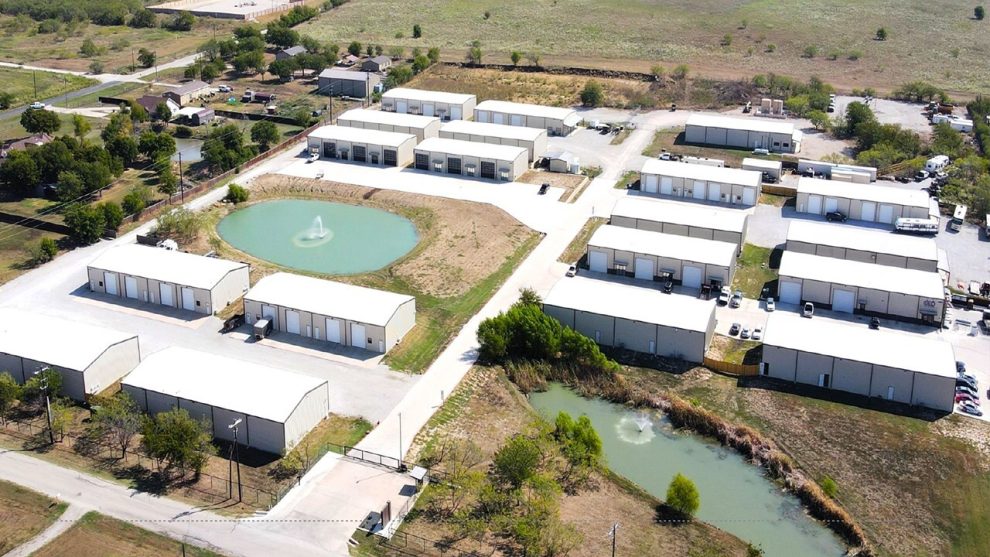Cove Capital Investments Founding Partners Dwight Kay and Chay Lapin announced that the Delaware Statutory Trust sponsor firm successfully completed the purchase of a new Small Bay Industrial asset in the Dallas-Fort Worth area. The purchase completes the formation of the firm’s Cove Ponder Small Bay Industrial 101 DST, a Regulation D, Rule 506(c) offering that has an $18,695,430 equity raise.
“This offering is an attractive 19-building, multi-tenant flex/small bay industrial park that is 100% occupied with a diverse and well-established tenant base,” said Kay, co-founder and managing member. “It was purchased at below replacement cost and possesses several opportunities to execute a value-add strategy for potential upside and equity growth for investors, including capturing mark-to-market rents while also converting gross leases to NNN structures.”
In addition, Kay explained that like many of Cove Capital’s offerings, the firm’s principals are investing their own dollars into the property creating a strong alignment of interest between the sponsor and investors.
“The other aspect of this unique offering is that it is ideally positioned in the heart of Ponder, Texas, just minutes from the Dallas-Ft. Worth Metroplex and with immediate access to US Highway 380 and Interstate-35 W making it conveniently close to Texas Motor Speedway, Alliance Airport, and multiple residential developments,” said Kay.
Small bay industrial properties are distinguished by their smaller suite footprints and ability to accommodate a large variety of diverse tenants. With smaller, more flexible layout and suite sizes, the small bay industrial asset can accommodate a broad swath of users that can range from small businesses, contractors, artisans and even last mile e-commerce distribution nodes.
Chay Lapin, Managing Member and Co-Founder of Cove Capital Investments emphasized that in addition to its core attributes, this DST potentially provides an optional path to a 721 Exchange exit, which is preferred by many investors over forced 721 UPREIT offerings because it creates greater investor flexibility.
“This optionality ensures our investors are never forced into a 721 UPREIT but instead they can proceed with confidence, only if the terms are right for them and their particular situation,” added Lapin.




















